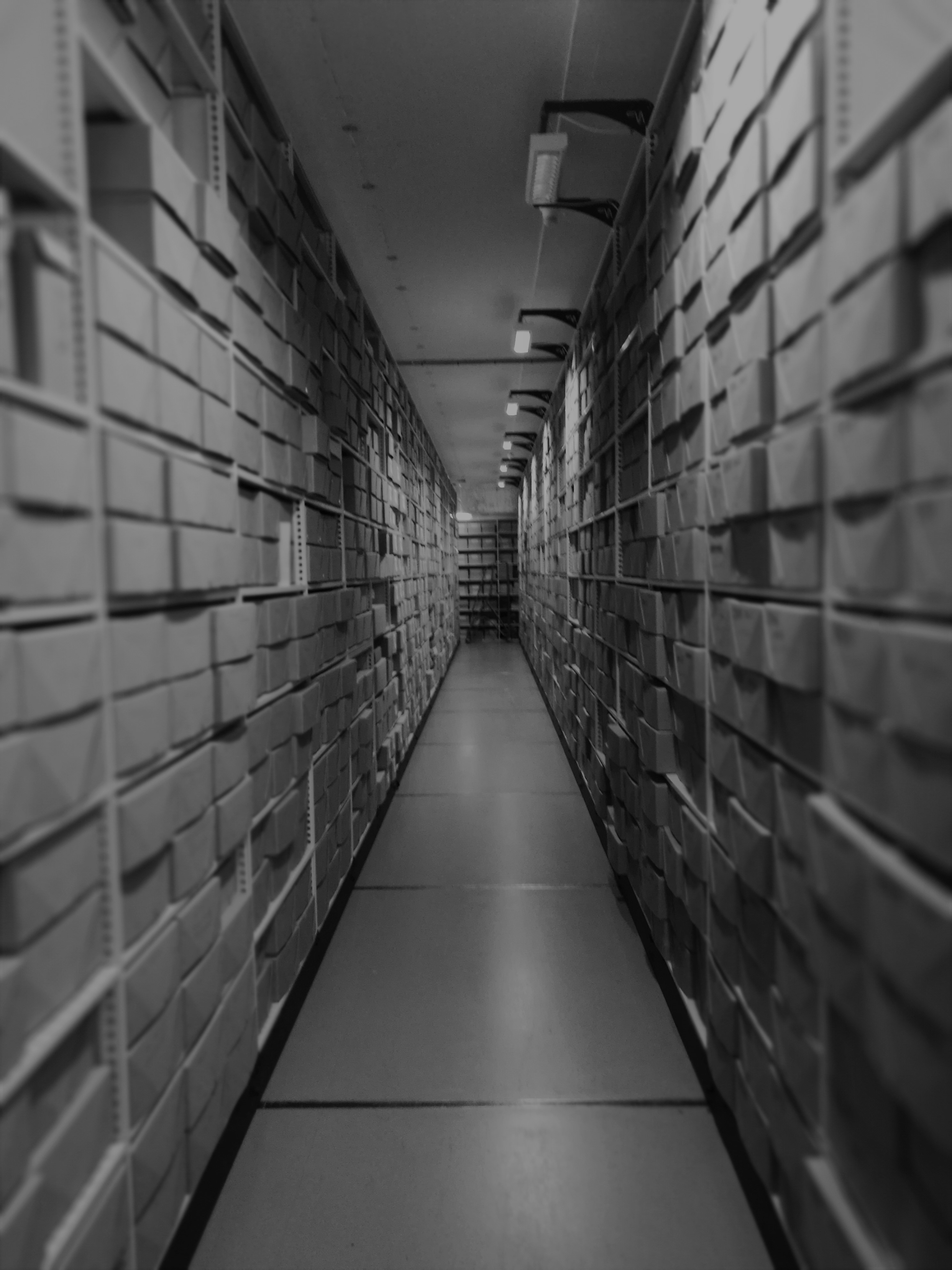Storing Your Files
Storage and Backup
Having a resilient storage strategy for your digital files is an extremely important aspect of managing digital information. This is because many physical storage media are inherently fragile. The use of popular online services for storage may not be desirable because of issues around storing potentially reserved, restricted or protected data on 3rd party servers.

Storage Options
There are quite a few options available when looking at the storage of your files.
magnetic media - such as Hard Disk Drives (HDD) and tape
flash storage - such as USB and Solid State Drives (SSD)
online services - such as Microsoft OneDrive, Google Drive, Dropbox, Amazon S3, etc, that may make use of a mixture of some of the above.
Your choice will depend on the amount of material you wish to store, how safe and resilient the storage needs to be, whether your files contain information which contains anything which should not be widely shared (eg personal data) and how easily (or not) you'd like to be able to share your files.
If you are part of an organisation we recommend you contact your IT service who will be best placed to provide you with the services that will help you to adhere to the guidance set out below.
The University of Warwick has Guidance on Appropriate Cloud Services for University employees.
Data Loss
Data can be lost in a number of ways, either accidentally or maliciously, through means such as:
- hardware failure
- loss or decay of media (such as HDDs, USBs or CDs)
- software failure
- power failure
- human error (such as accidental change or deletion of files)
- virus infection or data theft
- bit rot.
Backup
A suitable data backup process can help to mitigate against these risks.
If you are part of an organisation it is most likely that your IT services backup will cover your needs (different locations, more than one copy etc).
If you are managing your own files or are responsible for those of a small organisation with no IT services make at least two copies of your files. However if the files have sensitive/personal data in them bear in mind how and where they are stored.
Copies should be stored on different storage technology such as those outlined above (eg one on a hard drive and another in a cloud service).
Copies should be stored in geographically separate locations. If disaster strikes one location, your files in the other place should be safe.
Backup your files after every change or at regular intervals.
Check your copies at regular intervals to make sure you can read them and that they have not been accidentally or maliciously altered.
Create new media copies every five years, or when necessary, to avoid data loss.
